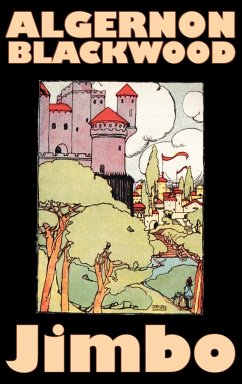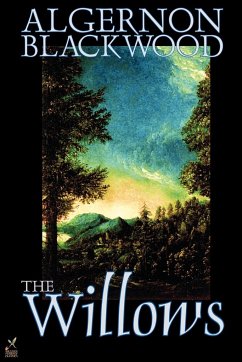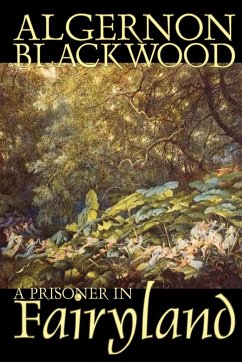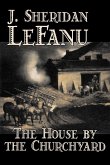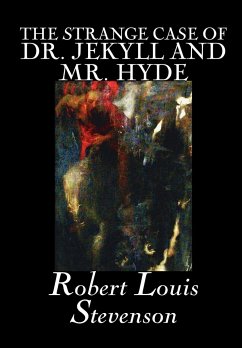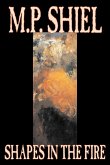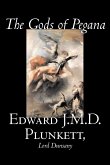Jimbo's governess ought to have known better -- but she didn't. If she had, Jimbo would never have met with the adventures that subsequently came to him. Thus, in a roundabout sort of way, the child ought to have been thankful to the governess; and perhaps, in a roundabout sort of way, he was. But that comes at the far end of the story, and is doubtful at best; and in the meanwhile the child had gone through his suffering, and the governess had in some measure expiated her fault; so that at this stage it is only necessary to note that the whole business began because the Empty House happened to be really an Empty House -- not the one Jimbo's family lived in, but another of which more will be known in due course. . . .
Bitte wählen Sie Ihr Anliegen aus.
Rechnungen
Retourenschein anfordern
Bestellstatus
Storno

